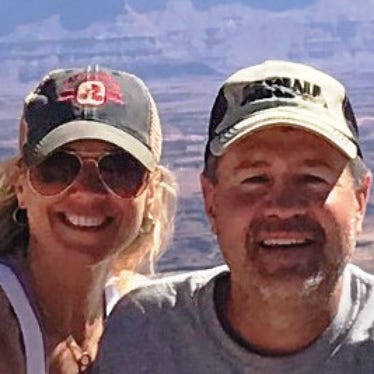
The other day I got in a lively discussion with one of my co-workers about farm and ranch decision making.
He made the statement that almost all decisions are made on economics or what made the most money for the operation. I argued that practically none are made on economics but more likely to be made more on social pressures or advertisements or what was hot at the time.
This got me to thinking on how I make decisions on my operation and what I see with other operations.
My home state of Missouri is second only to Texas in beef cow numbers. The average herd size is 34 cows. How many of these producers have a shed-full of hay equipment to harvest hay for these cows? Most in our area have a cutter, rake, tedder, baler and at least two tractors. They also need a hay trailer, and of course a nice truck with hay unroller to make all this feeding comfortable during the cold weather. Even if we buy used equipment, I am thinking it's about $100,000 worth of equipment. I have not added in fuel or upkeep. How much profit would that take from 34 cows, or 100 for that matter?
There is nothing wrong with making decisions on what makes one feel good or because we want our operation to look nice. My point is we need to be honest with ourselves about why are doing those things or making these decisions.
While equipment is easy to point out I would like to touch on decisions that I feel both farmers and ranchers make that affect issues of water quality and profitability; that’s the decision to use herbicides and fertilizers on pastures. For this blog, I am going to stick to livestock producers, since this is where I have seen the most change or increased usage.
Thirty years ago there was very little herbicide used on pastures. Grazing and clipping was enough to handle pressure from so called weeds and woody plants. Now many livestock producers spray pastures every year to make them “weed free.”
How many of these pastures actually need to be sprayed? What economic advantage does this give the producer? We are led to believe that this makes pastures more productive, when in reality it harms diversity and creates monocultures, or at least seriously decreased biodiversity. I do realize there are situations where woody species have to kept in control, but this can normally be handled with clipping or spot spraying. Most “weeds” are very nutritious and can add tonnage and quality to many monoculture pastures.
Fertilizer usage has also changed over the past 30 years. With cheap oil came cheaper fertilizers, especially nitrogen. In our area, producers fertilize pastures every spring when growth is at its peak. Most of these are not based off soil tests or need but more from tradition. How much of this added fertility is actually needed? From my own experience, I cut all added fertilizer out over 10 years ago on my pastures with no loss in production. In fact, after the initial shock of removing the additions, I saw an increase in production. We even have nitrogen-loving bermudagrass pastures that have had no inputs for 10 years! These are some of the most productive areas we have on our operation.
Incidentally, I have replaced many purchased inputs with controlled grazing and the benefits that entails.
Herbicides, fertilizers and even hay all have their part on a successful, profitable operation but many of these are done out of habit or the fact that “everyone knows you have to do that.”
Run some numbers, do some experiments and track some production. You might just find out that what you have been doing is not actually needed, and can look forward to more money in your pocket.
About the Author(s)
You May Also Like






